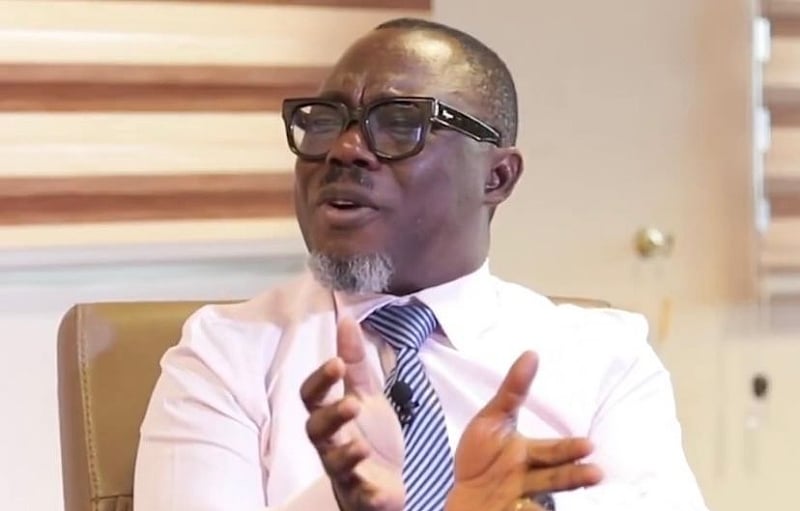Professor Ransford Gyampo’s critique of the New Patriotic Party (NPP)’s current leadership paints a stark picture of a party adrift from its founding principles and traditions. He argues that the NPP has undergone a fundamental transformation, losing its core identity in the process. This shift, according to Prof. Gyampo, is primarily attributable to the quality of leadership currently at the helm of the party. He contrasts the current leadership with the party’s founding figures, such as BJ Da Rocha, whom he remembers as embodying competence, intellectual rigor, and a deep commitment to the NPP’s core values. This comparison highlights a perceived decline in the caliber of individuals entrusted with leading the party, leading to what he calls a loss of the NPP’s “soul.”
Central to Prof. Gyampo’s critique is the assertion that the NPP has abandoned its tradition of intellectual discourse and constructive debate. He characterizes the NPP’s origins as an elitist party, a description not intended as pejorative, but rather indicative of a political group built on thoughtful engagement with ideas. This intellectual foundation, he argues, fostered an environment of learning and growth, where differing viewpoints were welcomed and debated robustly. In contrast, he laments the current trend within the party of resorting to personal attacks and social media vitriol. This shift, he believes, has stifled intellectual growth within the party and alienated potential supporters who value reasoned discourse over online mudslinging. The reliance on “small boys” on social media to attack critics and opponents, he contends, represents a betrayal of the party’s intellectual heritage and a descent into unproductive negativity.
Prof. Gyampo’s concerns extend beyond just the style of political engagement. He argues that the current leadership’s approach has undermined the very essence of what the NPP once stood for. The party, he believes, has lost its way, straying from the path laid down by its founders. This departure from its roots has resulted in a loss of identity and historical appeal. The NPP, he contends, needs to undergo a process of self-reflection and rediscover its core principles if it hopes to regain its former standing. This rediscovery, according to him, necessitates a return to the values and traditions that once defined the party, including a renewed emphasis on intellectual debate and constructive engagement.
The contrast between past and present leadership is further emphasized by Prof. Gyampo’s personal experiences and interactions with figures like BJ Da Rocha. He recounts his time working with Da Rocha at the Institute of Economic Affairs (IEA), portraying him as a thoughtful and principled leader. These interactions, he suggests, provided him with valuable insights into the values and leadership style that characterized the NPP’s early years. This personal connection strengthens his argument by providing concrete examples of the qualities he believes are now absent in the current leadership. He further recalls interactions with other prominent figures like Haruna Esseku, further underscoring the stark difference between the past and present leadership styles.
Prof. Gyampo’s call for the NPP to “retrace its roots” is not simply a nostalgic yearning for the past. It is a call for the party to reclaim its identity and re-establish its core values. He believes that the party’s current trajectory is unsustainable and that a return to its foundational principles is essential for its long-term survival and success. This return, he suggests, requires a critical examination of the current leadership and a conscious effort to cultivate leaders who embody the intellectual rigor, ethical standards, and commitment to constructive dialogue that characterized the party’s founders. The revitalization of the party, in his view, hinges on a return to its core tenets.
Ultimately, Prof. Gyampo’s critique serves as a wake-up call for the NPP. He challenges the party to confront its current state and to take decisive action to reclaim its lost identity. His concerns, rooted in a deep understanding of the party’s history and traditions, highlight the importance of leadership in shaping a political party’s trajectory. The future of the NPP, he suggests, depends on its ability to heed his warning and embark on a path of renewal, guided by the principles and values that once made it a formidable force in Ghanaian politics. This renewal, he argues, is not simply about changing personnel, but about fundamentally shifting the party’s culture and approach to politics.


